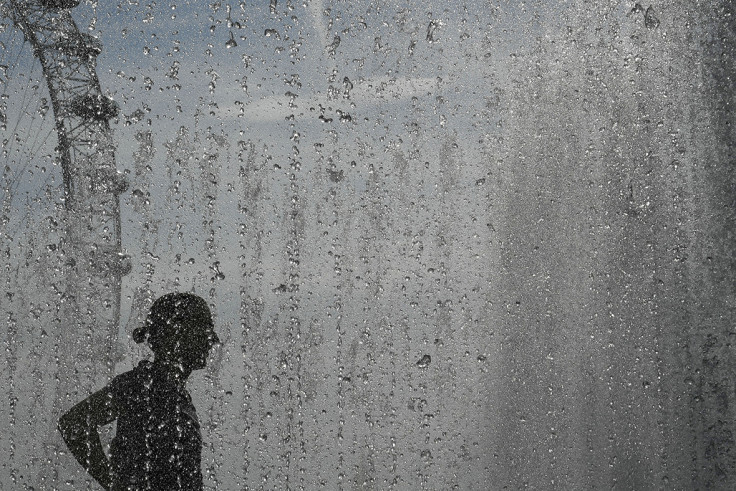Man-made climate change was the sole cause of 2016's heat waves
The hottest year in modern times experienced "multiple extreme events that weren't even possible without human influence".

Heat waves and extreme temperatures that ripped through 2016 can be directly linked to global warming and climate change. The 2016 abnormality is the first instance that scientists have found that could not have happened if not for changing climate, which was caused directly as a result of human activity.
Findings of the study were reported in a paper titled "Explaining Extreme Events in 2016 from a Climate Perspective", as per Today. The study found that till now, human contribution to extreme weather has always been seen as an ancillary cause, or as a variable in the equation, that increased the odds of floods, droughts, heat waves and storms. This is the first time that human activity has been named as the sole cause.
"This report marks a fundamental change," said Jeff Rosenfeld, editor-in-chief of the Bulletin of the American Meteorological Society, which published the peer-reviewed report. "For years, scientists have known humans are changing the risk of some extremes. But finding multiple extreme events that weren't even possible without human influence makes it clear that we're experiencing new weather, because we've made a new climate," he added.
2016 was the warmest year in modern times, noted the report. Heat waves across Asia, especially India, killed over 580 people between March and May, the study stated. The heat got so bad that the government in India even banned daytime cooking in some parts of the country.
"Extreme rains, like the record-breaking 2016 event in Wuhan, China, are 10 times more likely in the present climate than they were in 1961," the study said.
Thailand reportedly consumed a record amount of electricity as large swathes of the country's population were forced to run their air-conditioning to keep cool. "The 2016 extreme warmth across Asia would not have been possible without climate change," noted the report.
Over the last six years, the study found that most extreme weather was caused directly by humans. This includes making the El Nino more intense, bleaching the Great Barrier Reef and heating up the Arctic. All of these most likely would not have been possible without human-caused warming, the study said.
Africa's worst drought on record also happened last year and the incidence of flash droughts has tripled in the last 60 years. The main reason for this is again, human-caused climate change.
However, the report clarified that while some of the extreme weather happenings right now is caused directly because of human activity, not all of it is. Scientists found that around 20% of bad weather can be attributed to humans. Among them are the droughts in Brazil and the winter storms in Mid-Atlantic United States, according to the report.
The study covered five continents and two oceans, with over 116 scientists participating from 18 countries. The final report was put through 27 peer-reviewed analyses. Historical data and model simulations of nearly two dozen extreme climatic events were run for the study, noted Today.





















